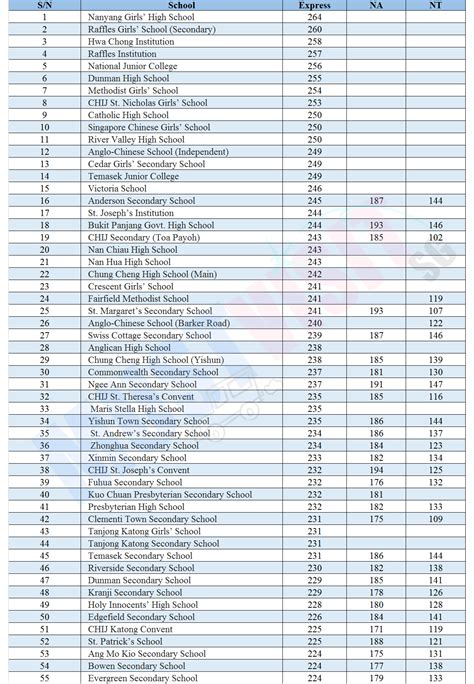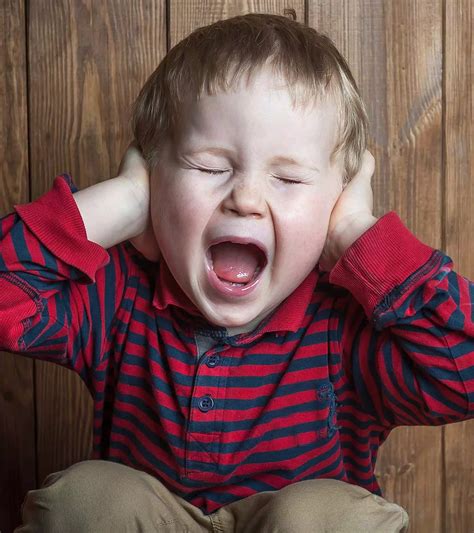Depression and anxiety are two of the most common mental health conditions in the world. According to the World Health Organization (WHO), depression affects more than 300 million people globally, while anxiety disorders affect more than 264 million people. These conditions can have a significant impact on our quality of life, making it difficult to work, study, or even enjoy our relationships.

If you’re struggling with depression or anxiety, there are a number of things you can do to help manage your symptoms. Here are 10 proven strategies:
- Get regular exercise. Exercise is a great way to improve your mood and reduce stress. It releases endorphins, which have mood-boosting effects. Aim for at least 30 minutes of moderate-intensity exercise most days of the week.
- Get enough sleep. When we don’t get enough sleep, we’re more likely to feel depressed and anxious. Aim for 7-8 hours of sleep per night. Create a relaxing bedtime routine to help you fall asleep more easily.
- Eat a healthy diet. Eating a healthy diet can help improve your overall health and well-being, which can in turn help to reduce your symptoms of depression and anxiety. Focus on eating plenty of fruits, vegetables, and whole grains.
- Limit alcohol and caffeine. Alcohol and caffeine can both worsen symptoms of depression and anxiety. If you’re struggling with these conditions, it’s best to limit your intake.
- Connect with others. Social support is important for everyone, but it’s especially important for people who are struggling with depression and anxiety. Talk to your friends, family, or therapist about how you’re feeling. Joining a support group can also be a great way to connect with others who are going through similar experiences.
- Learn relaxation techniques. Relaxation techniques can help to reduce stress and promote relaxation. Some popular relaxation techniques include yoga, meditation, and deep breathing.
- Get professional help. If you’re struggling to manage your symptoms on your own, it’s important to seek professional help. A therapist can help you to understand your condition and develop coping mechanisms. They can also prescribe medication if necessary.
- Be patient. Recovering from depression and anxiety takes time. Don’t get discouraged if you don’t see results immediately. Be patient with yourself and keep working at it.
- Don’t give up. It’s important to remember that depression and anxiety are treatable conditions. Don’t give up on yourself. Keep working at it and you will eventually recover.
- Hope. Hope is a powerful force. It can help you to get through tough times and believe that things will get better. Hold on to hope and never give up.
Coping with Depression and Anxiety
Depression and anxiety can be challenging to deal with, but there are a number of things you can do to cope with your symptoms. Here are a few tips:
- Talk to someone. Having someone to talk to can be very helpful when you’re feeling down or anxious. Talk to a friend, family member, therapist, or anyone else you trust.
- Get active. Exercise is a great way to relieve stress and improve your mood. Go for a walk, run, bike ride, or swim.
- Take care of yourself. Make sure you’re eating healthy foods, getting enough sleep, and taking care of your physical and mental health.
- Limit stress. Stress can worsen symptoms of depression and anxiety. Learn how to manage stress by practicing relaxation techniques or talking to a therapist.
- Don’t compare yourself to others. Everyone is different and we all have our own struggles. Don’t compare yourself to others and focus on your own journey.
- Be kind to yourself. It’s important to be kind to yourself when you’re struggling with depression or anxiety. Don’t beat yourself up over your symptoms. Be patient and understanding with yourself.
Conclusion
Depression and anxiety are common mental health conditions, but they are also treatable. By following the tips in this article, you can learn how to manage your symptoms and live a fulfilling life.
FAQs
- What are the symptoms of depression?
- Feeling sad or down most of the time
- Loss of interest in activities you used to enjoy
- Changes in appetite or sleep
- Fatigue or loss of energy
- Difficulty concentrating or making decisions
- Feelings of worthlessness or guilt
- Thoughts of death or suicide
- What are the symptoms of anxiety?
- Feeling restless or on edge
- Having a sense of impending doom
- Increased heart rate or breathing
- Sweating or trembling
- Feeling weak or fatigued
- Difficulty concentrating or sleeping
- Muscle tension or headaches
- How can I get help for depression or anxiety?
- Talk to your doctor or mental health professional.
- There are many resources available online and in your community.
- There are also many self-help groups that can provide support.
- What are some tips for coping with depression or anxiety?
- Talk to someone about how you’re feeling.
- Get active and exercise regularly.
- Take care of yourself by eating healthy foods and getting enough sleep.
- Limit stress by practicing relaxation techniques or talking to a therapist.
- Don’t compare yourself to others, and focus on your own journey.
- Be kind to yourself and don’t beat yourself up over your symptoms.
Tables
Table 1: Symptoms of Depression
| Symptom | Description |
|---|---|
| Sadness | Feeling sad or down most of the time |
| Loss of interest | Loss of interest in activities you used to enjoy |
| Changes in appetite or sleep | Changes in appetite or sleep, such as overeating or insomnia |
| Fatigue | Fatigue or loss of energy |
| Difficulty concentrating or making decisions | Difficulty concentrating or making decisions, such as forgetting things or having trouble making decisions |
| Feelings of worthlessness or guilt | Feelings of worthlessness or guilt, such as feeling like you’re a burden to others |
| Thoughts of death or suicide | Thoughts of death or suicide, such as thinking about harming yourself or ending your life |
Table 2: Symptoms of Anxiety
| Symptom | Description |
|---|---|
| Restlessness | Feeling restless or on edge |
| Sense of impending doom | Having a sense of impending doom, such as feeling like something bad is going to happen |
| Increased heart rate or breathing | Increased heart rate or breathing, such as feeling like your heart is racing or you’re having trouble breathing |
| Sweating or trembling | Sweating or trembling, such as feeling like you’re sweating for no reason or your hands are shaking |
| Feeling weak or fatigued | Feeling weak or fatigued, such as feeling like you don’t have any energy or you’re exhausted |
| Difficulty concentrating or sleeping | Difficulty concentrating or sleeping, such as having trouble paying attention or falling asleep |
| Muscle tension or headaches | Muscle tension or headaches, such as feeling like your muscles are tense or you have a headache |
Table 3: Tips for Coping with Depression or Anxiety
| Tip | Description |
|---|---|
| Talk to someone | Talk to a friend, family member, therapist, or anyone else you trust about how you’re feeling. |
| Get active | Exercise is a great way to relieve stress and improve your mood. Go for a walk, run, bike ride, or swim. |
| Take care of yourself | Make sure you’re eating healthy foods, getting enough sleep, and taking care of your physical and mental health. |
| Limit stress | Stress can worsen symptoms of depression and anxiety. Learn how to manage stress by practicing relaxation techniques or talking to a therapist. |
| Don’t compare yourself to others | Everyone is different and we all have our own struggles. Don’t compare yourself to others and focus on your own journey. |
| Be kind to yourself | It’s important to be kind to yourself when you’re struggling with depression or anxiety. Don’t beat yourself up over your symptoms. Be patient and understanding with yourself. |
Table 4: Resources for Getting Help
| Resource | Description |
|---|---|
| National Suicide Prevention Lifeline | 1-800-273-8255 |
| Crisis Text Line | Text “HOME” to 741741 |
| National Alliance on Mental Illness (NAMI) | 1-800-950-NAMI |
| Anxiety and Depression Association of America (ADAA) | 1-800-821-3228 |












